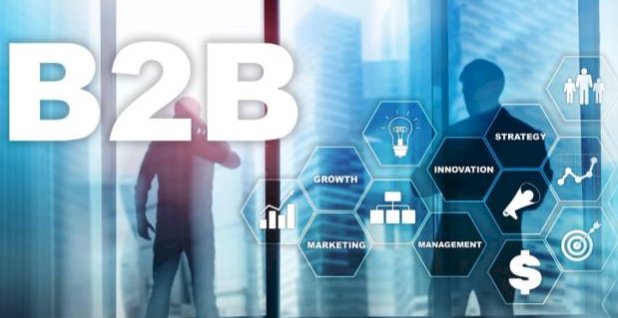B2B SaaS Applications: Transforming Business Operations

In the digital era, Business-to-Business (B2B) Software-as-a-Service (SaaS) applications have revolutionized how organizations operate, collaborate, and scale. These cloud-based solutions provide businesses with flexible, cost-effective, and scalable tools to streamline operations, improve productivity, and enhance customer experiences. This article explores what B2B SaaS applications are, their benefits, key categories, and trends shaping the industry.
What Are B2B SaaS Applications?
B2B SaaS applications are cloud-based software solutions designed to help businesses manage their operations, automate workflows, and improve efficiency. Unlike traditional on-premise software, SaaS applications are hosted on the cloud, allowing users to access them from anywhere with an internet connection.
Key Characteristics of B2B SaaS Applications:
✔ Subscription-Based Model: Companies pay a recurring fee (monthly or annually) rather than a one-time purchase.
✔ Scalability: Businesses can scale their usage up or down based on demand.
✔ Accessibility: Available anytime, anywhere, across devices.
✔ Automatic Updates: Providers handle software maintenance and upgrades.
✔ Integration Capabilities: Connect seamlessly with other business tools.
Benefits of B2B SaaS Applications
1. Cost-Effectiveness
SaaS eliminates the need for expensive hardware, on-premise maintenance, and manual software updates, making it a cost-efficient solution for businesses of all sizes.
2. Enhanced Collaboration
With cloud-based access, teams across different locations can collaborate in real-time, improving productivity and decision-making.
3. Increased Security
SaaS providers implement advanced security protocols, including encryption, multi-factor authentication, and automatic backups, ensuring data safety.
4. Easy Integration
Most B2B SaaS platforms offer API integrations, allowing businesses to connect with CRM, ERP, marketing, and finance tools to create a seamless workflow.
5. Continuous Innovation
SaaS providers constantly roll out new features, AI-driven automation, and performance enhancements without requiring businesses to invest in IT infrastructure upgrades.
Types of B2B SaaS Applications
B2B SaaS solutions cater to various business functions. Here are some of the most widely used categories:
1. Customer Relationship Management (CRM)
CRMs help businesses manage customer interactions, track leads, and automate sales processes.



















